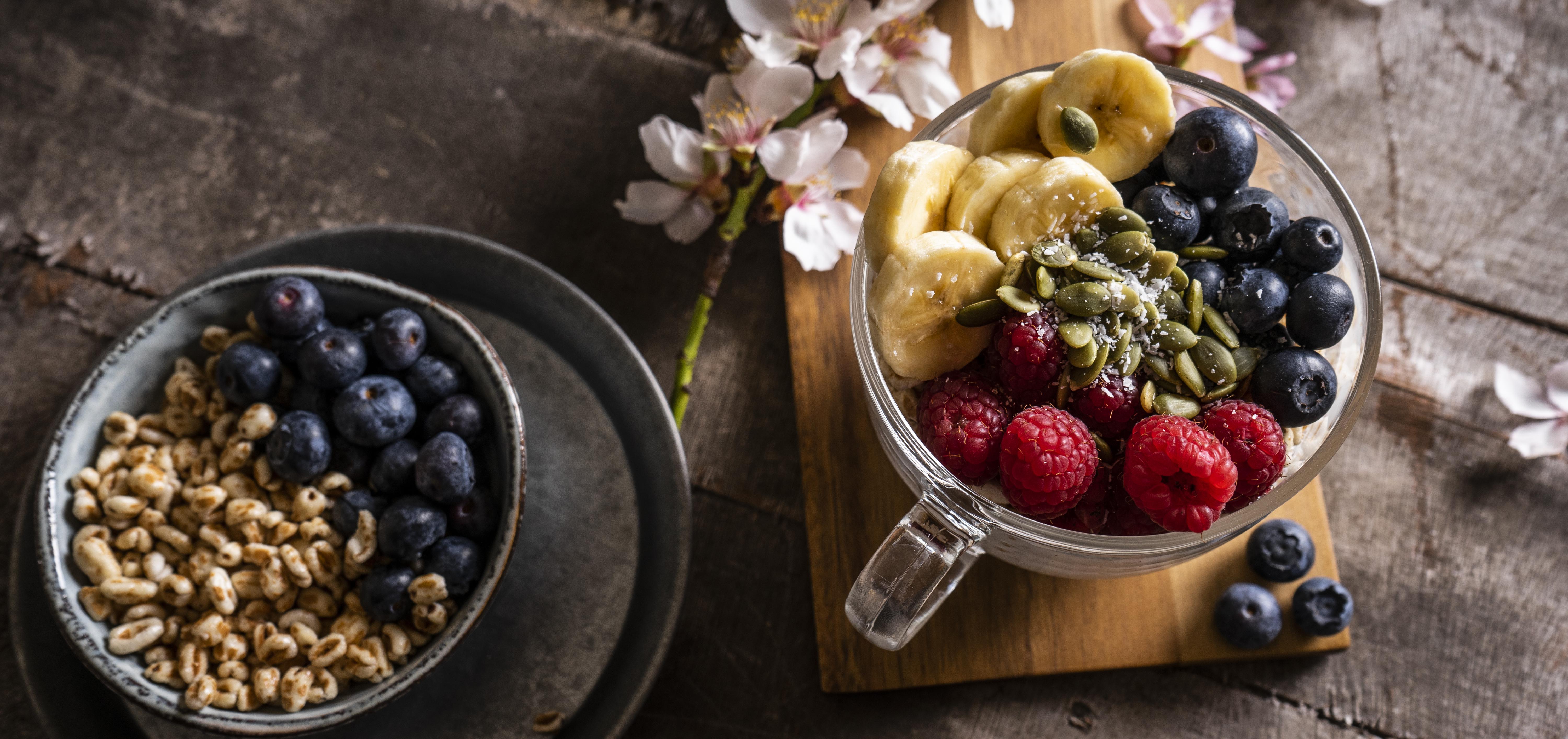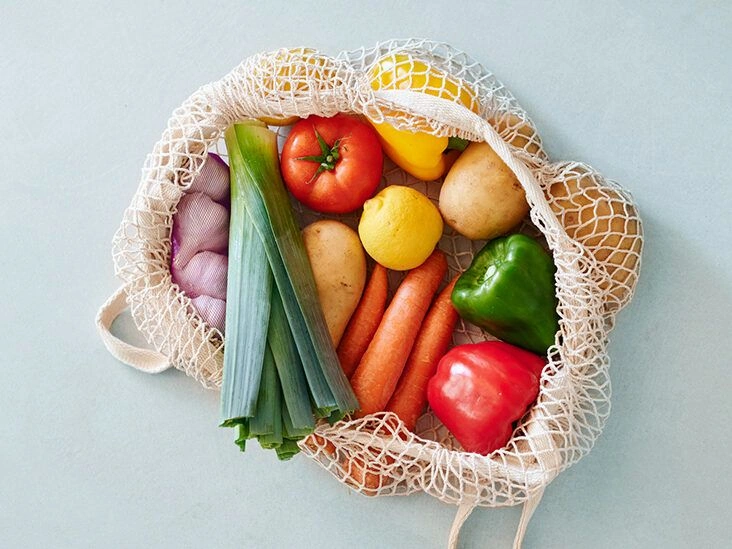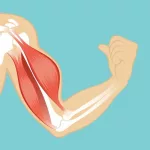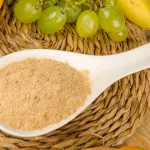Eating smaller portions and opting for minimally processed, whole foods can help lower feelings of tiredness.
Your body depends on the fuel you give it. To get the most energy from your meals, prioritize the highest-quality foods you can.
Certain eating patterns can also contribute to tiredness.

For example, feeling lethargic after a large meal is common. That happens because your body redirects energy to digesting the heavy meal rather than powering other functions.
Try consuming several smaller meals across the day and taking a brief walk after eating to support digestion and reduce sluggishness.
Below are 11 foods that may help you combat fatigue.
1. Unprocessed foods
Choosing unprocessed options may keep you feeling energized for longer stretches.
Highly processed foods commonly contain preservatives, additives, excess sodium, trans fats, and added sugars. Over time, these provide fewer essential nutrients—like vitamins and minerals—that your body needs to function optimally.
Components of ultra-processed items may also promote inflammation, which can contribute to health problems that sap energy and cause fatigue.
Try replacing packaged or canned goods, sweets, boxed convenience meals, and pre-cooked meats with whole, unprocessed choices such as:
- fruits and vegetables
- lean proteins
- low-fat dairy
- legumes and beans
- nuts and seeds
- whole grains
Learn more about ultra-processed foods versus whole foods.
2. Fruits and vegetables
Fruits and vegetables are rich in vitamins, minerals, and other nutrients that support reducing fatigue and improving physical function. These nutrients also help your body operate at peak efficiency, which fights tiredness.
Health authorities like the and the United Kingdom’s National Health Service (NHS) advise consuming at least five portions, or about 400 grams, of fruits and vegetables each day.
Include fruits and vegetables in any form—fresh in season or frozen.
Despite claims that frozen produce is less nutritious than fresh, research indicates frozen options are convenient, affordable, and nutritionally valuable.
3. Non-caffeinated beverages
Moderate caffeine intake is acceptable.
Some evidence indicates caffeine can provide a temporary lift, and its antioxidant and anti-inflammatory effects may help mitigate chronic conditions.
But too much caffeine can trigger intense fatigue, headaches, and sleep difficulties.
The recommends keeping caffeine below 100 milligrams (mg) per day, roughly equal to two 8-ounce cups of coffee.
Water, black decaffeinated coffee, and unsweetened tea are good choices for minimizing fatigue.
4. Lean proteins
Lean proteins are a key part of a balanced diet and can help reduce fatigue by:
- preserving muscle mass
- preventing malnutrition
- lowering systemic inflammation
- slowing digestion
- keeping you feeling full longer
- avoiding blood sugar spikes and crashes
The recommends adult men consume about 56 g of protein per day and adult women about 46 g.
Examples of lean protein sources include:
- animal proteins such as chicken, eggs, turkey, and fatty fish
- plant proteins such as legumes, tofu, and soy-based products
Discover 16 high-protein foods to incorporate into your meals.
5. Whole grains and complex carbs
Carbohydrates are a crucial macronutrient—they’re the body’s primary energy source.
It’s best to choose whole grains and complex carbohydrates, which are rich in fiber and are digested slowly, supplying steady energy.
Refined carbohydrates are rapidly absorbed and may result in a quick drop in energy.
Opt for complex carbs like fruits, vegetables, and whole grains instead of white bread, refined pasta, sugary baked goods, and sweetened beverages.
6. Nuts
Nuts are an excellent option to combat hunger, assist weight management, and stave off fatigue. Consider adding:
- almonds
- Brazil nuts
- cashews
- hazelnuts
- pecans
- walnuts
Choose raw, unsalted nuts for a nutritious mid-afternoon pick-me-up.
7. Water
Water is vital for nearly every bodily process.
While water doesn’t deliver calories, it supports the metabolic and physiological processes that produce energy, effectively helping you feel more energetic.
The Academy of Nutrition and Dietetics suggests adult men aim for about 15.5 cups (3.7 L) of fluids daily and adult women about 11.5 cups (2.7 L).
Sip water throughout the day or replace sodas, sugary drinks, and excess coffee with water.
8. Vitamins and supplements
Vitamin deficiencies are a common contributor to fatigue.
If you suspect you have a deficiency, consult a healthcare professional. They can diagnose the issue and recommend appropriate vitamins or supplements if needed.
9. Bananas
A study comparing bananas with carbohydrate sports drinks in cyclists requiring sustained energy for long rides found bananas provided comparable fuel to the beverage.
Bananas are rich in potassium, fiber, vitamins, and carbohydrates that offer a substantial natural energy boost.
Additionally, bananas are typically inexpensive—often under a dollar—which makes them an economical source of energy.
10. Oats
Oats are high in fiber and contain a moderate amount of protein, which can supply prolonged energy and help prevent fatigue. They’re also a better choice for those who experience blood sugar fluctuations with sugary breakfast cereals.
Opt for plain steel-cut or old-fashioned oats to avoid added sugars.
You can customize them with milk, a touch of honey, and some mixed berries.
11. Seeds
Like nuts, seeds can deliver sustained energy thanks to their carbohydrates, healthy fats, and fiber.
For example, a 2022 study found athletes who took a sports gel containing chia seeds improved their oxygen uptake during exercise, potentially enhancing performance.
A 2020 study also showed flaxseed reduced mental fatigue in children and adolescents with obesity when compared to puffed wheat.
Add chia, pumpkin, sunflower, and flax seeds to smoothies, salads, or yogurt to help lift energy levels.
Frequently asked questions
What gets rid of fatigue fast?
The NHS in the UK recommends the following strategies to combat tiredness and fatigue:
- eat regular meals and healthy snacks every 3 to 4 hours instead of having infrequent large meals
- exercise consistently
- lose excess weight if you are carrying it
- maintain good sleep hygiene, including going to bed and waking at consistent times
- avoid caffeine in the evening if it disrupts your sleep
- reduce stress
What foods are good for fatigue?
A 2018 study suggested the following nutrients and food sources may benefit people with chronic fatigue syndrome (CFS):
- Vitamin B12: clams, mussels, crab, dairy, eggs
- Folic acid: dark leafy greens, legumes, citrus fruits
- Vitamin C: strawberries, kiwi, bell peppers, oranges, broccoli, tomatoes
- Magnesium: nuts and seeds, legumes, whole grains
- Zinc: oysters, red meat, poultry, shellfish, legumes
The bottom line
Being thoughtful about what you eat can help reduce tiredness and support sustained energy. Regular physical activity and good sleep habits also contribute to maintaining higher energy levels.


















Leave a Reply
You must be logged in to post a comment.